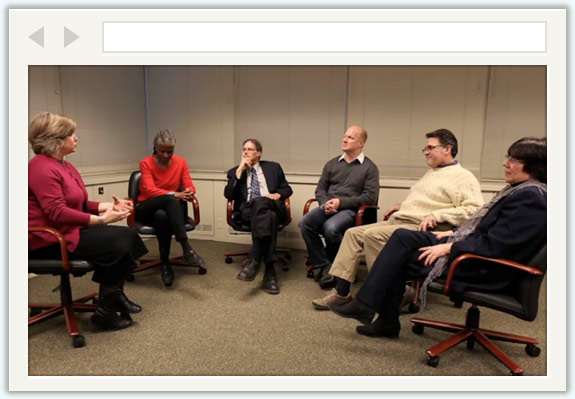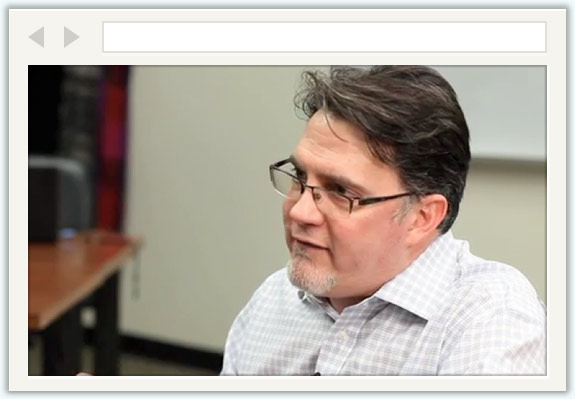Peer Conflict Coaching in Special Education
Peer Conflict Coaching
CCM has developed a special conflict coaching process for parents, teachers and administrators involved in special education disputes. The goal of this innovative project is to help intervene when conflicts first arise – at an initial IES meeting that creates tension, in a first consultation requesting assessments to determine the nature of a child’s needs, etc.
The Peer Conflict Coaching [PCC] model, developed and piloted with the support of the Pennsylvania Department of Education Office for Dispute Resolution, is a peer-based model in which parents of children with special needs coach other parents experiencing conflicts; educators (special educators and general educators) coach educators, and administrators coach administrators.
The PCC teleseminars/webinars consist of 10 1-hour sessions that give you information about the PCC model and skills sets to coach the stages of the model. Videos of parent/parent, teacher/teacher and administrator/administrator conflict coaching sessions are used within the teleseminars/webinars to demonstrate the skills using s variety of situations of special education conflict. Worksheets and mini-manuals are provided for each session. Participants are encouraged, but not required to engage in practice exercises with other participants as coaching partners in between teleseminar sessions.
Given the progression of the series, participants need to take the series in order – although they can choose from options of times to complete each session. Completion of the PCC series is equivalent to taking the two-day PCC live training.
It is advantageous for groups of parents/teachers/administrators from a district or school to consider taking the teleseminar/webinar series together. Special group rates are available.
- Overview Of Peer Conflict Coaching for Education
- Preparatory Conversation and Stage One – Discovering The Story
- Stage Two – Exploring Perspectives; Coaching Identity
- Stage Two – Exploring Perspectives; Coaching Emotion
- Stage Two – Exploring Perspectives; Coaching Power
- Stage Three – Defining the Best Relationship
- Stage Four – Coaching a Roadways Conversation – How to Have a Difficult Conversation
- Stage Four – Giving Constructive Feedback and Receiving Constructive Feedback
- Stage Four – Interests-Based Negotiation
- Stage Four – Understanding and Preparing for IEP Meetings, Resolution Hearings, Special Education Mediation, and Due Process Hearings


